Theoretical Research in Development Economics (ThReD)
The 2019 annual conference of ThReD, an international society of economic researchers promoting theoretical research in development economics, will bring together leading scholars from around the world to present and discuss recent advances in the theory and theory-driven empirical knowledge. These advances touch on a variety of topics that are critical to economic development, including: premature mortality; technology adoption; the roles of social networks, culture, identity, social norms in economic development; corruption; and political economy. Notably, Nobel Laureate Roger Myerson will present his recent research on the costs of poor incentives on politicians that stem from political centralization in developing countries. The ThReD conference will be hosted in the United States for only the second time since 2007.
Click here for more information about ThRed.
Cosponsored with the Notre Dame Institute for Scholarship in the Liberal Arts (ISLA) and Department of Economics.
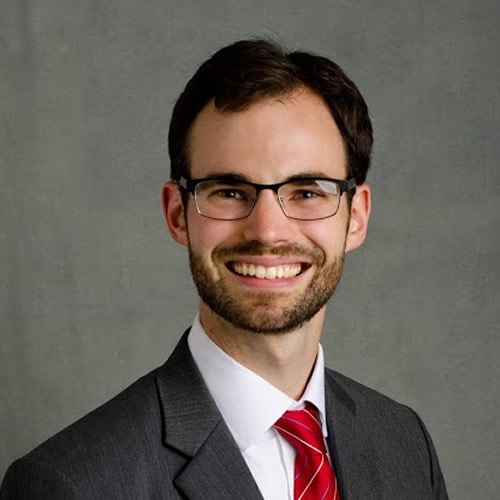
Daniel Barron, Northwestern University
Daniel Barron is an associate professor of strategy with the Kellogg School of Management with Northwestern University. His interests include contract theory and organizational economics, and his research focuses on how firms and other organizations use relational contracts to motivate their long-term partners. He has published several working papers as well as articles in the journals Management Science, Theoretical Economics, American Economic Journal: Microeconomics, and American Economic Review. Barron earned a PhD in economics from the Massachusetts Institute of Technology in 2013.
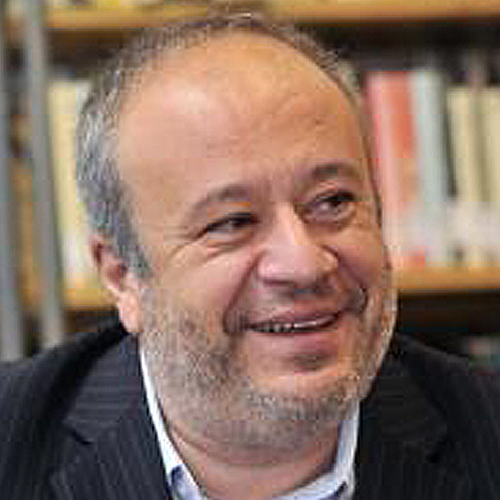
Alberto Bisin, NYU
Alberto Bisin is a professor of economics at New York University. His research interests include general equilibrium theory, finance and cultural evolution. He has published several working papers in the journals Journal of Economic Literature, Journal of Economic Theory and Economic Policy. He is the founding editor at noiseFromAmerika.org and a columnist for La Repubblica. Bisin earned a PhD in economics from the University of Chicago in 1994.
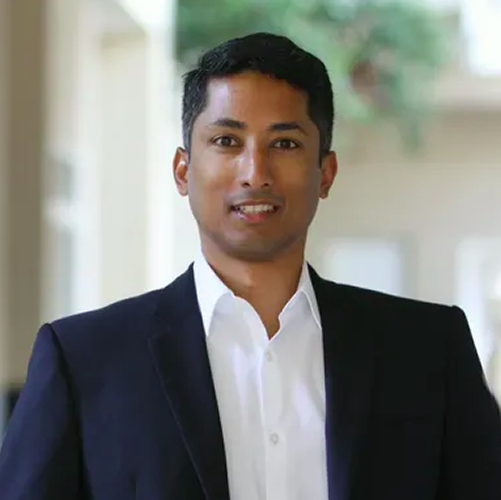
Jean-Paul Carvalho, UC Irvine
Jean-Paul Carvalho is an associate professor of economics and the interim director for the Institute for Mathematical Behavioral Sciences at the University of California, Irvine. He is an economist who works on game-theoretic approaches to social dynamics. His work aims to understand the cultural foundations of economic and political institutions. At UC Irvine, he teaches a course in evolution and learning in games. He has working papers and publications in the journals Forum for Social Economics, The Economic Journaland Economic Theory. Carvalho earned his PhD in Economics from the University of Oxford in 2009.

Benoit Decerf, University of Namur
Benoit Decerf is an assistant professor of economics at the University of Namur. His interests include poverty, public economics, mechanism design and microeconomic theory. He has published several working papers as well as articles in the journals Journal of Public Economics and Social Choice and Welfare. Decerf earned his PhD in Economics from the Catholic University of Louvain and the University of Bielefeld.

Miaomiao Dong, Pennsylvania State University
Miaomiao Dong is an assistant professor of economics at Pennsylvania State University. Her interests include dynamic games, information economics, and behavioral economics. She has several working papers on studies in strategic experimentation and addictive good consumption. Dong earned her PhD in Economics from the Toulouse School of Economics in 2017.

Yuhta Ishii, ITAM
Yuhta Ishii is an assistant professor of economics at the Instituto Tecnológico Autónomo de México (ITAM). His interests include game theory, macroeconomic theory and information economics. He has several working papers and publications in journals such as the Journal of Economic Theory. Ishii earned his PhD from Harvard University in 2014.
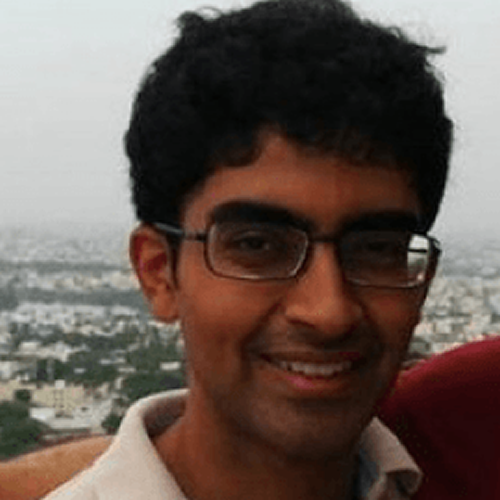
Suraj Malladi, Stanford University
Suraj Malladi is an economics PhD candidate at Stanford University Graduate School of Business. He has several working papers that study the value of network information, informational asymmetries and the impact of message mutation, transmission failure and deliberate bias. Malladi earned a Bachelor of Science in Mathematics and a Bachelor of the Arts in Economics from the University of Chicago in 2014.

Roger Myerson, University of Chicago
Roger Myerson is the David L. Pearson Distinguished Service Professor of Global Conflict Studies in the Harris School of Public Policy and the Griffin Department of Economics at the University of Chicago. His interests include game theory, incentive constraints in economic communication and applying game theory to political science. He has published books as well as articles in professional journals including, Econometrica, Journal of Economic Theory, Games and Decisions, American Political Science Review, Mathematics of Operations Research, and International Journal of Game Theory. In 2007, he was awarded the Nobel Memorial Prize in Economic Sciences. Myerson earned his PhD in Applied Mathematics from Harvard University in 1976.

Andy Newman, Boston University
Andy Newman is a professor of economics at Boston University. His research and teaching interests are in economic theory and its applications to understanding organizations, economic development and income distributions. He has published several working papers in the journals International Journal of Industrial Organization, Journal of International Economics, Journal of Economic Theory and Journal of Law, Economics and Organization. Newman earned his PhD in Economics from Harvard University in 1989.
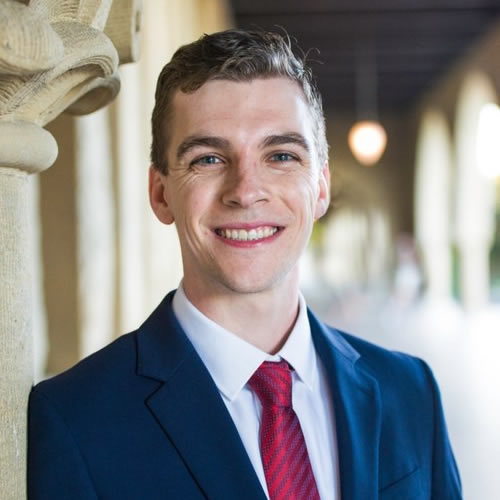
Cian Ruane, IMF
Cian Ruane is an economist in the Research Department at the International Monetary Fund. His primary fields of research are macroeconomics, growth, and trade with a focus on firms and economic development. Ruane earned his PhD in Economics from Stanford University in 2018.

Xu Tan, University of Washington
Xu Tan is an assistant professor of economics at the University of Washington. Her interests include game theory, social networks, information economics, microeconomic theory, and development economics. She has published several working papers as well as articles in the journals Games and Economic Behavior, Journal of Economic Theory, American Economic Review, and Economics Letters. Tan earned her PhD in Economics from Stanford University in 2013.
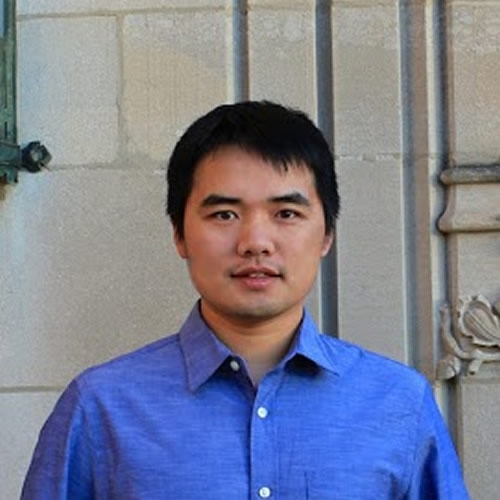
Yiqing Xing, Johns Hopkins University
Yiqing Xing is an assistant professor in economics at Johns Hopkins University. His research interests include social and economic networks, mechanism design, and microeconomics theory. He has published several working papers in the journals Review of Economic Design, Economics Letters, Economic Research Journal, and Games and Economic Behavior. Xing earned his PhD in Economics from Stanford University in 2016.
May 10
Session One - Chair: Andy Newman
9:00-10:00am
The Use and Misuse of Coordinated Punishments
Daniel Barron, Northwestern University
Yingni Guo, Northwestern University
10:00-11:00am
Seeking Relationship Support: Strategic Network Formation and Robust Cooperation
David Miller, University of Michigan
Xu Tan, University of Washington
11:00-11:30am
Coffee Break
11:30am-12:30pm
“Too young to die.” Deprivation Measures Combining Poverty and Premature Mortality
Jean-Marie Baland, University of Namur
Guilhem Cassan, University of Namur
Benoit Decerf, University of Namur
12:30-2:00pm
Lunch
Session Two - Chair: Joe Kaboski
2:00-3:00pm
The Top Ten Way to Integrate High Schools
Fernanda Estevan, FGV EESP
Thomas Gall, University of Southampton
Patrick Legros, Northeastern University and Universit´e Libre de Bruxelles
Andy Newman, Boston University
3:00-3:30pm
Coffee Break
3:30-4:30pm
Identity and Underrepresentation
Jean-Paul Carvalho, UC Irvine
4:30-5:30pm
On the Joint Evolution of Culture and Institutions
Alberto Bisin, NYU
Thierry Verdier, PSE
8:00pm
Dinner
May 11
Session Three - Chair: Terry Johnson
9:00-10:00am
Just a Few Seeds More: Value of Network Information for Diffusion
Mohammad Akbarpour, Stanford University
Suraj Malladi, Stanford University
Amin Saberi, Stanford University
10:00-11:00am
Innovation Adoption by Forward-Looking Social Learners
Yuhta Ishii, ITAM
Mira Frick, Yale University
11:00-11:30am
Coffee Break
11:30am-12:30pm
Strategic Experimentation with Asymmetric Information
Miaomiao Dong, Pennsylvania State University
12:30-1:30pm
Lunch
Session Four - Chair: Patrick Francois
1:30-2:30pm
Local Agency Costs of Political Centralization
Roger Myerson , University of Chicago
2:30-3:00pm
Coffee Break
3:00-4:00pm
The Aggregate Importance of Intermediate Input Substitutability
Alessandra Peter, Stanford University
Cian Ruane, IMF
4:00-5:00pm
The Complementarity between Community and Government in Enforcing Norms and Contracts, and Their Interaction with Religion and Corruption
Matthew Jackson, Stanford University
Yiqing Xing, John Hopkins University





